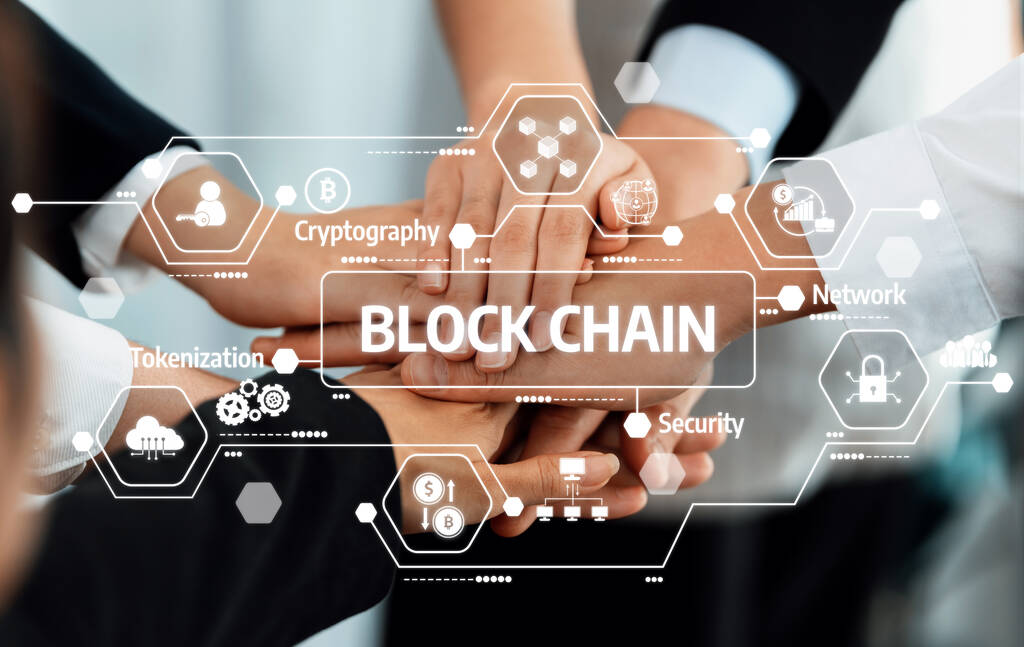A sweeping transformation is underway in the global real estate landscape as tokenization emerges as a game-changing force. According to a new report by the Deloitte Center for Financial Services, the tokenized real estate market could soar to an estimated $4 trillion by 2035. By converting physical property into blockchain-based digital tokens, this innovation promises to reshape how property is financed, owned, and traded—offering unprecedented speed, accessibility, and efficiency to investors worldwide.

While the outlook is bullish, the journey toward a fully tokenized real estate ecosystem is not without hurdles. Key challenges such as asset custody, regulatory clarity, and the handling of default events still need to be addressed. Nonetheless, industry experts believe that overcoming these barriers could unlock vast opportunities and redefine real estate investment for the digital age.
Tokenized Real Estate Set to Transform Property Markets, Could Surpass $4 Trillion by 2035—Deloitte
What began as a niche use case within blockchain innovation is now poised to become a foundational element in global property markets. According to a new report from the Deloitte Center for Financial Services, real estate tokenization could balloon into a $4 trillion market by 2035, up from less than $300 billion today—reflecting an impressive compound annual growth rate of 27%.
Tokenization, the digital representation of real-world assets (RWAs) such as real estate, bonds, and investment funds on blockchain platforms, is rapidly gaining traction at the convergence of cryptocurrency and traditional finance. By converting physical property into programmable digital tokens, the process introduces faster, more cost-effective transactions and expands access to a broader pool of investors.
Deloitte highlights real estate tokenization as a powerful tool for streamlining traditionally complex financial structures. For instance, it allows real estate funds to be launched on-chain with embedded smart contracts managing ownership rights and capital distributions. The report cites Kin Capital’s $100 million real estate debt fund on the Chintai platform as a notable example, where blockchain-based lending is anchored in trust-deed models.
The study also outlines three primary growth avenues for tokenized real estate: private property investment funds, securitized loan vehicles, and tokenized land or development projects. Among these, tokenized debt securities are projected to lead the way, potentially reaching a valuation of $2.39 trillion. Meanwhile, private real estate funds could approach $1 trillion, with tokenized land and infrastructure development assets estimated to make up another $500 billion.
As this digital transformation unfolds, tokenization is poised to reshape how real estate is financed, traded, and owned—ushering in a more inclusive and technologically efficient era for global property investment.
Learn from market wizards: Books to take your trading to the next level

 Hot Features
Hot Features














